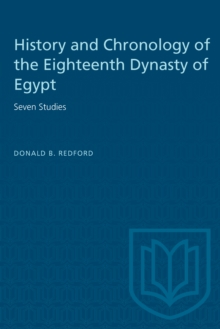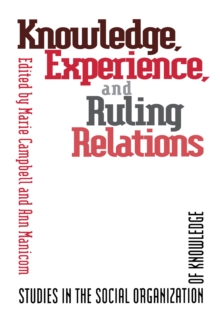
Description
This book is of far wider interest than its title suggests, with its emphasis on the public sector, because the Public Services set the pattern for private enterprise in developing occupational pensions. This is the first book to offer a fundamental analysis of public sector schemes. It takes a new look at a whole trange of problems affecting the retirement benefits of most of the population and ends with some very challenging, positive proposals.
After tracing the origin and growth of pensions in the Public Services, the book examines in detail the main features of twelve public sector schemes, describing both the benefits provided and the ways in which they are financed. It also makes comparisons with major schemes in private commerce and industry to see whether they can reveals ways in which the administration of public sector schemes could be improved.
Two external factors have an important influence on the administratino of occupational pension schemes: National Insurance and Taxation. The book discusses the complications caused by the provisions of general state pensions under the National Insurance Act, 1946, and the introduction of the graduated scheme in 1959. It also examines the consequences for both public and private schemes of current taxation policies in regard to pension schemes, and the important role of the In-land Revenue by whom they must be approved.
The study does more than describe existing schemes. It makes radical and far-reaching proposals which are sure to arouse much controversy. Chief among them are the recommendations that employee contributions should be abolished, and that pensions should in future be paid from current income, but from the proceeds of funds built up for that purpose. The latter proposal, if adopted, would have wide-ranging financial effects; among them, probably, a reduction in the amount of money available for investment on the stock exchange.
Information
-
Download - Immediately Available
- Format:PDF
- Pages:320 pages
- Publisher:University of Toronto Press
- Publication Date:15/12/1965
- Category:
- ISBN:9781487575403
Information
-
Download - Immediately Available
- Format:PDF
- Pages:320 pages
- Publisher:University of Toronto Press
- Publication Date:15/12/1965
- Category:
- ISBN:9781487575403










